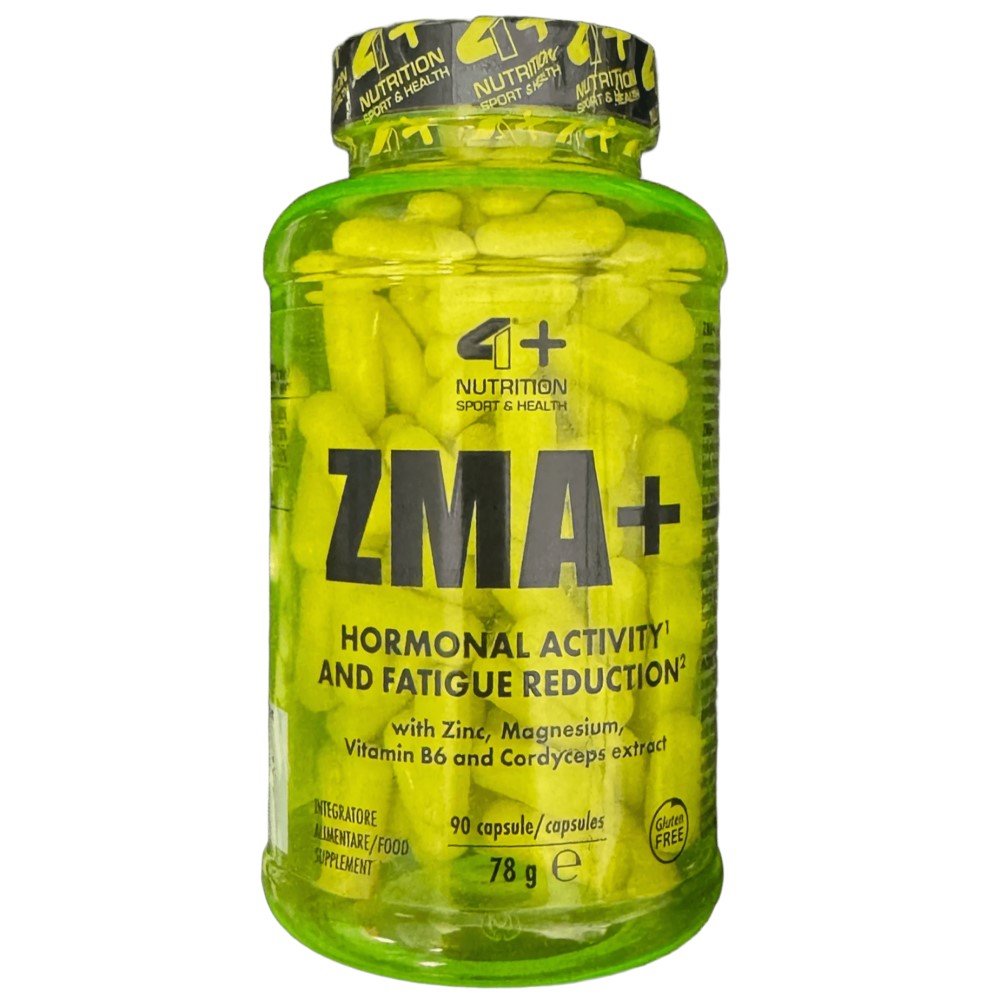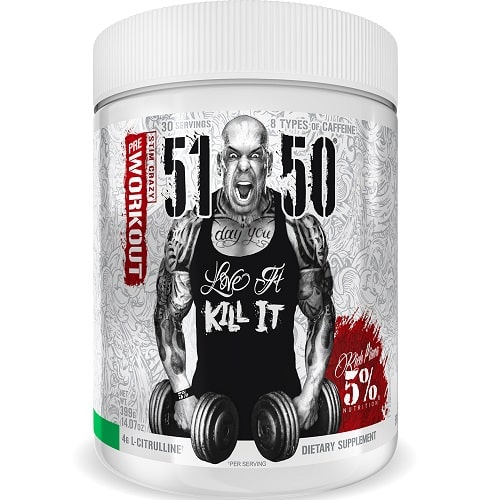ABOUT DISCOUNT SUPPLEMENTS
We offer a wide range of Vitamins, Protein & Weight Loss Supplements at great prices. Next Working Day Delivery within Ireland.
Best Sellers
Average rating of 0 out of 5 stars
Average rating of 0 out of 5 stars
Average rating of 0 out of 5 stars
Average rating of 0 out of 5 stars
Average rating of 0 out of 5 stars
Average rating of 0 out of 5 stars
Average rating of 0 out of 5 stars
Average rating of 0 out of 5 stars
Average rating of 5 out of 5 stars
Average rating of 0 out of 5 stars

How Running Can Transform Body & Brain
When you think of a runner's body, you might imagine someone long, lean and with legs for days - but in reality, runners can come in a number of different shapes and sizes, and everyone's individual body will respond to running in its own way.
Even at a professional level, a sprinter's body will look a lot different than a marathon runner's body, and a long-distance runner's body will look even more different than that.
With all the above being said, building a running habit will make a positive and noticeable impact on your body in unexpected ways!
How Running Can Transform Body & Brain
It Can Boost Your Mood
Just 30 minutes of running or jogging on a treadmill are enough to boost the mood of someone who is suffering from a severe depressive disorder. Research has shown that even just walking for 30 minutes can have the same mood-boosting benefits.
This research shows that no matter what pace you go, moving has a positive effect and adds to the already significant body of research that shows running, jogging and other forms of exercise can boost your mood and help combat depression.
It Can Improve Knee Health
Nothing is more frustrating to a runner than knee pain. This kind of pain is usually a sign of overtraining or a need to improve one's flexibility and form.
In an 8-year study with over 2,500 participants, it was found that the more frequently the participants ran, the less likely they were to experience knee pain or osteoarthritis.
While it is difficult to directly link running and reduced knee pain, there is research that shows it is very possible as running helps to keep your BMI in check while also keeping your leg muscles strong. On top of this, running also strengthens bones.
Your Bones Will Become Stronger
Speaking of stronger bones - running is a high-impact, weight-bearing exercise, meaning that the motion of your feet hitting the ground can actually stress your bones in a very beneficial way. Bones actually respond to this stress by becoming stronger in order to handle the constant impact.
This new strength greatly benefits your lower body, but if running is the only form of exercise you do - you might want to add some weight training to your upper body for overall balance.
Running is a really great way to improve bone density, which is a great benefit as we get older and begin to age.
It Boosts Brain Power
Keeping your mind healthy as you age is incredibly important, and there is research that shows exercising is one of the best things you can do for your brain.
A review of this research on the cognitive-boosting effect of aerobic exercise (such as running, jogging, or power walking) found that for children, running greatly improved their focus and working memory. For young adults, working memory saw a similar improvement, along with improvements in their task-switching ability.
In the same study, older adults saw a long list of cognitive benefits that included focus, task switching, and working memory.
Can Reduce Stress
There have been a number of studies that have shown aerobic exercise can enhance people's ability to deal with stress, and most of these studies focused solely on runners. Researchers believe this is due to the fact aerobic exercise increases the levels of neurotransmitters such as serotonin and norepinephrine and causes the brain to generate new neurons.
Your Legs Will Become Stronger
Running is such a good workout as it exercises your legs, calves, hamstrings, glutes, and hips. Your inner thighs, shoulders, and abs help - but the large muscles of your legs and hips tend to do most of the work.
It Can Improve Heart Health
It is common knowledge that aerobic activity is excellent for the heart, so it is no shock that running can improve cardiovascular fitness. Generally speaking, the more frequently people run, the healthier their hearts usually are. Running just five minutes a day can add years to your life.










